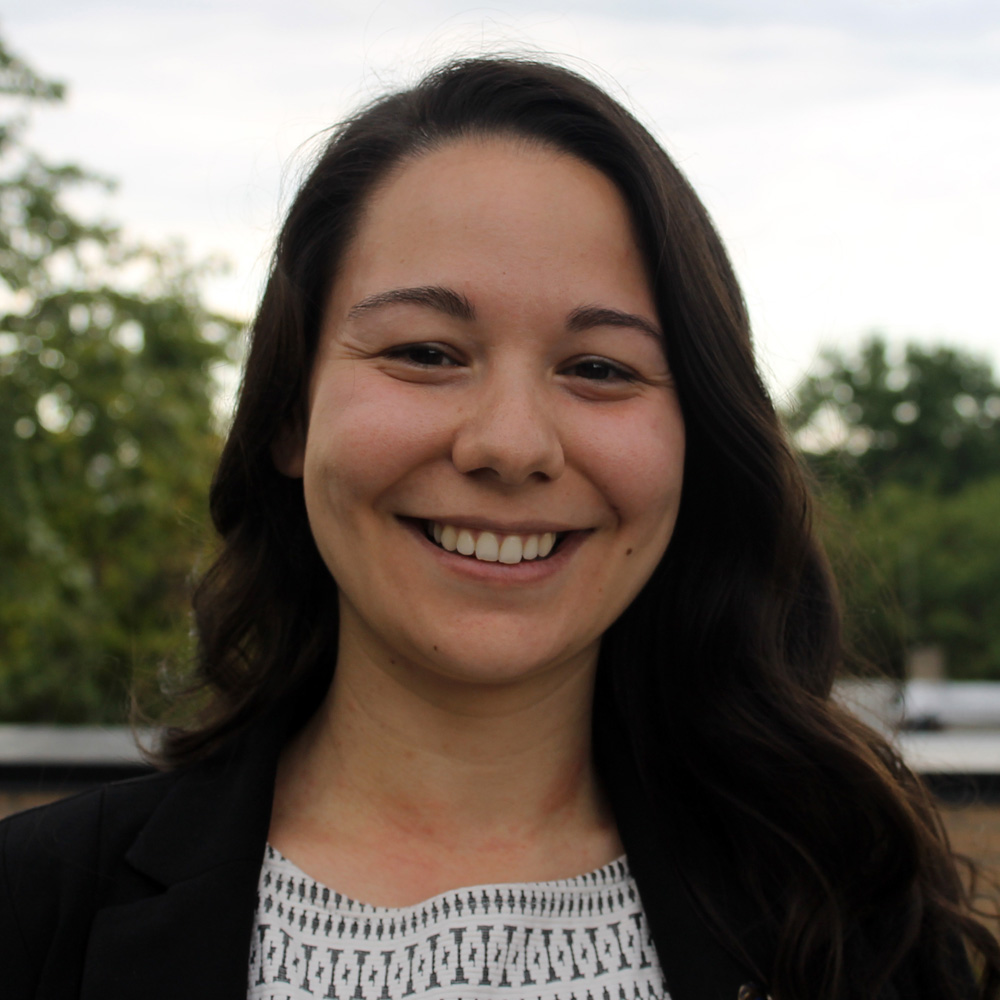Host Organization: UN World Food Programme
First Year Placement
Quelimane, Mozambique
For her first year placement, Ally supported the Nutrition Unit of WFP Mozambique at provincial level working on the Gender Transformative and Nutrition-sensitive (GTNS) stunting prevention project in rural Sofala, Mozambique. Working as the Social and Behaviour Change Communication (SBCC) Officer, Ally supported the national SBCC officer in providing technical support to implementing partners designing the field strategy and implementing activities under the SBCC component, such as guiding partners in workplan development and activity methodology. SBCC is the a two-way communication approach aimed at using information, motivation and nudges to positively influence behaviour for better nutritional outcomes. Ally co-planned and conducted two SBCC trainings with implementing partners and governmental partners. She participated in the Gender Analysis study, supporting the research team in identifying gender norms and attitudes of community members in the project catchment area and she will support the Knowledge, Attitudes, and Practices Study in her policy placement year, both of which will be used to inform SBCC activities. Additionally, Ally began to learn about SBCC M&E and co-developed SBCC Nutrition interpersonal sessions pre- and post-test questionnaires and indicators. Later in the policy placement year, she will use her overall field placement experience to manage the monitoring and communications for the SBCC component of the GTNS project.
Second Year Placement
Maputo, Mozambique
For her second year placement, Ally continues to work with the Nutrition Unit of WFP Mozambique supporting the country office on the GTNS stunting prevention project. However, she is now splitting her time between the Programme team and Monitoring & Evaluation, Reporting and Communications (MERC) team. Ally is the focal point for monitoring and communications for SBCC component of the project, liaising with implementing partners and managing the routine monitoring of SBCC activities. She also manages the pre- and post-test monitoring of SBCC activities, including indicator and questionnaire development as well as data analysis and report writing. Ally will later build and manage an online dashboard visualizing monitoring data for the GTNS project using the analytics platform Tableau.
Ally is also one of the lead quantitative analysts for the Knowledge, Attitudes and Practices (KAP) Study commissioned by the project to better understand local knowledge, attitudes and practices around infant and young child feeding (IYCF), maternal nutrition, sanitation and hygiene and sexual reproductive health (report forthcoming 2021). She co-designed the study methodology and developed the quantitative data collection tool. She also conducted the quantitative analysis and supported the KAP Study team in drafting the final report. Ally also produces various communication products on behalf of the project, ranging from briefs to social media posts. In her support of the programme team, Ally continues to provide technical guidance to implementing partners on SBCC strategy and activities. She is also developing project field materials to enable easier facilitation of nutrition and nutrition-sensitive messaging at community level, such as a cooking demonstration facilitator manual for community activists to use to conduct cooking demonstrations and food processing sessions and includes an accompanying community member at-home guide.

